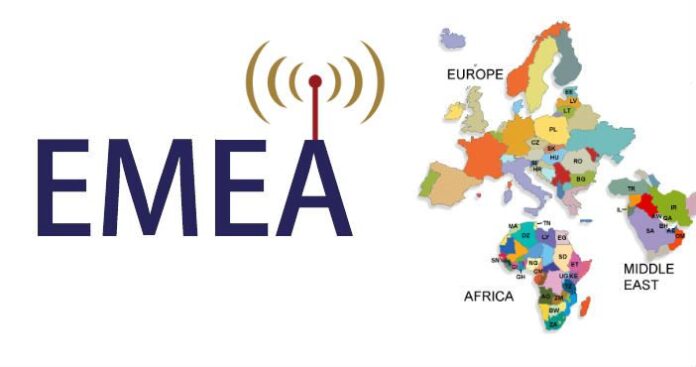There’s a wealth of information available to organizations wanting to market to you within your mobile device. Mobile operators already understand the importance of this data and how to craft services around this information. As wearables and connected cars become more widespread, how can this data be utilized and most importantly, are customers willing to share? It seems they are, but for a price.
Last week, Acquity Group released a study on the Internet of Things. In it, the group looked at this question. The percentage of people willing to share is pretty high. Honestly, higher then I would have guessed. But again that has to do with your personal view on sharing your data and I personally don’t like sharing what I’m buying, searching for, etc.
On the wearables side of the equation, the study found a willingness of 40% to share in return for an incentive. In comparison, only 9% are willing to share without some incentive. So there’s that ‘price’ I mentioned. So what are they looking for in return for their information? I would say the expectations are very reasonable actually:
—28% expected coupons for discounts based on their lifestyle and interests
—22% were looking for tips for better workouts
—22% were looking for nutrition tips
—19% expected coupons for discounts on fitness gear.
All in all, these are not huge hurdles and I would think most companies playing in this space should be able to offer incentives within these parameters.
Now what about cars? I’ve said this before, but I believe there is a huge opportunity for new ways of marketing based on the information gathered from within the vehicle. Not only about the vehicle itself, but the way people behave in and interact with their vehicles.
Acquity found that up to 60% of people were willing to share data from their cars in return for an incentive. But here, the expectations were a little higher. All but one of the desired incentives listed were based on a desire for the car to ‘do’ something for them based on the data shared. I found this a different twist on the consumer perception vs. just receiving some type of discounted offer.
Many of the highest-rated findings incorporated travel related items. Forty percent wanted to know the best route to take to avoid traffic. Many navigation systems already do this depending on your vehicle. Forty-five percent wanted to know the least-expensive gas purchase option on their route. This is a great idea! Most systems already show you where the stations are and what brand they are, but pricing information would be a great bonus.
About 50% were interested in the car notifying their smartphone when some form of maintenance was due. This also seems like something reasonable as the integration of car systems and infotainment systems moves forward. Some 20% wanted the car to actually schedule these maintenance appointments for them.
Around 35% wanted the car to turn on the heat and defrost the car automatically for them. I know this already exists in some aftermarket products and specific vehicles. Further integration of this would be welcome it seems.
And last but not least, something of true monetary value, 60% desired one free maintenance appointment in return for sharing of this data. This could be a pretty pricey incentive depending on your brand of car, but also provide a wealth of information for the car dealer/manufacturer.
I’m hoping to see more players jump in to this discussion around data analytics in the vehicles and how they can be used to offer new marketing programs to the end users and possibly drive new types of relationships between the Car OEMs, their app provider partners and mobile operators.

EMEA: Big data in my pocket
ABOUT AUTHOR
